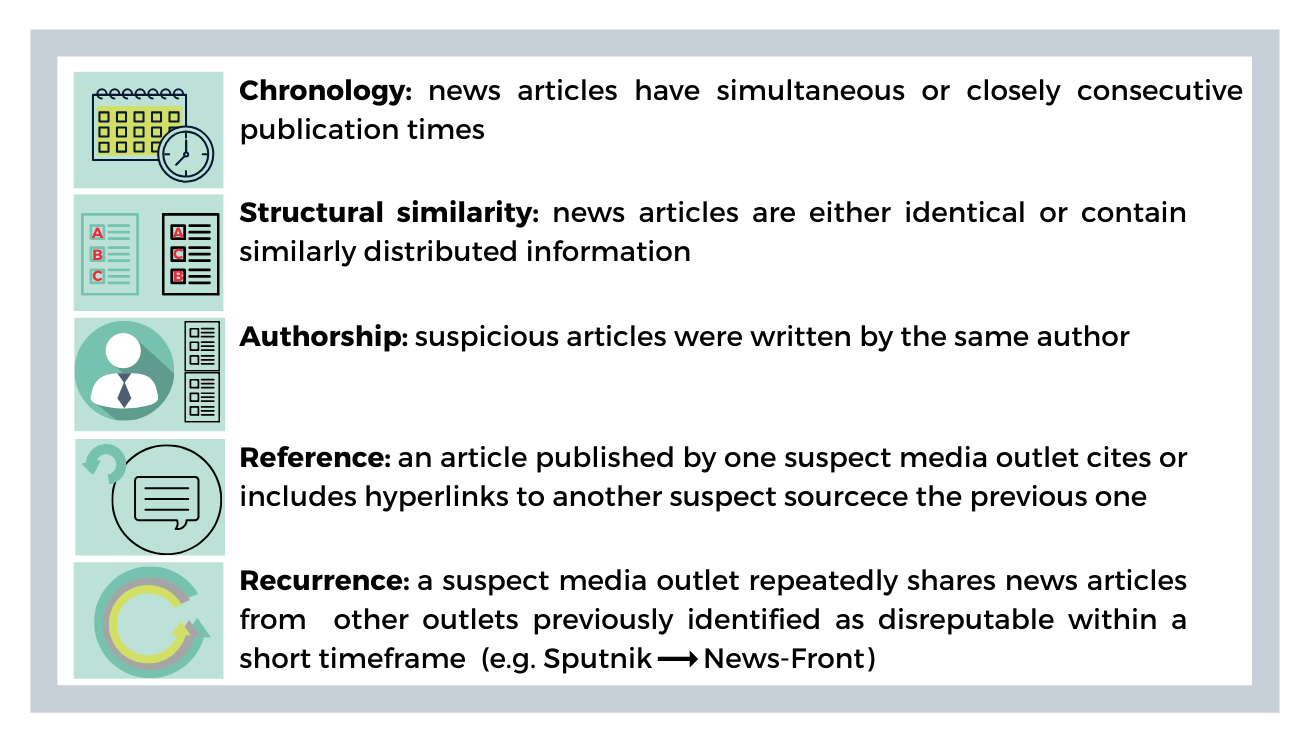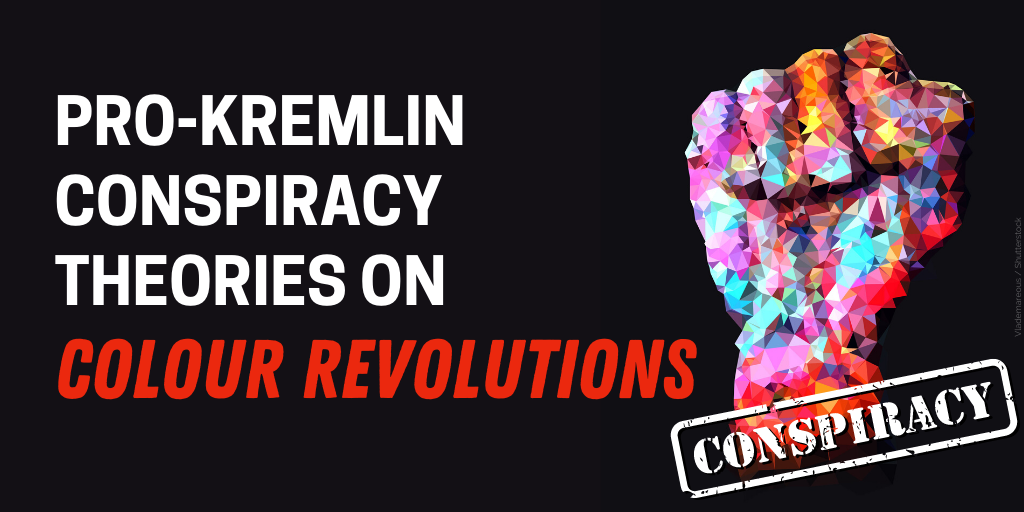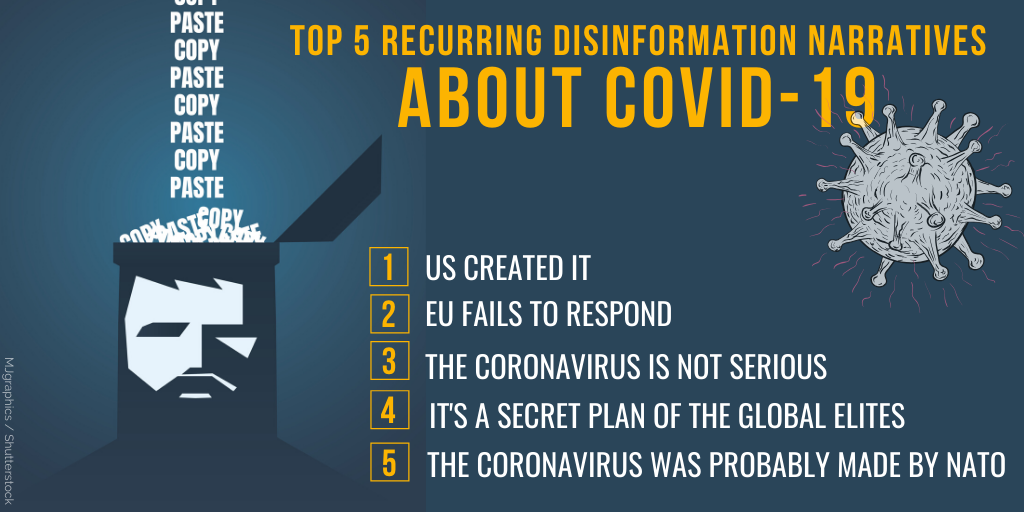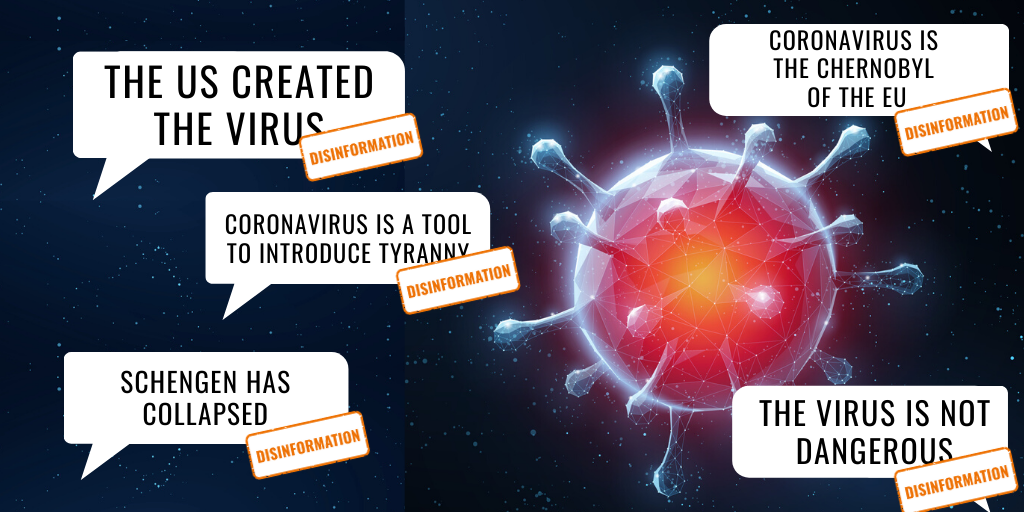Information laundering is a process within an information influence campaign. Through the process of ‘laundering’ hostile actors try to legitimize deceitful information through a network of intermediaries. They apply a set of techniques to gradually distort a narrative and obscure the original source. In fact, it is quite similar to how criminals launder illegally obtained funds through financial institutions.
According to research by Adam Klein, laundromat disinformation narratives grow in digital communities, which act as incubators. Subsequently, they are moved onto more respected websites, “until sometimes, they’re picked up by mainstream news outlets as ‘trusted information’, giving them a license for truth.
According to the NATO StratCom report, information laundering comprises three phases: placement, layering, and integration. This includes everything from the first use of a laundering technique by an actor, to the progressive distortion and dissemination of this information, which is eventually seen as legitimate and becomes part of the public discourse.
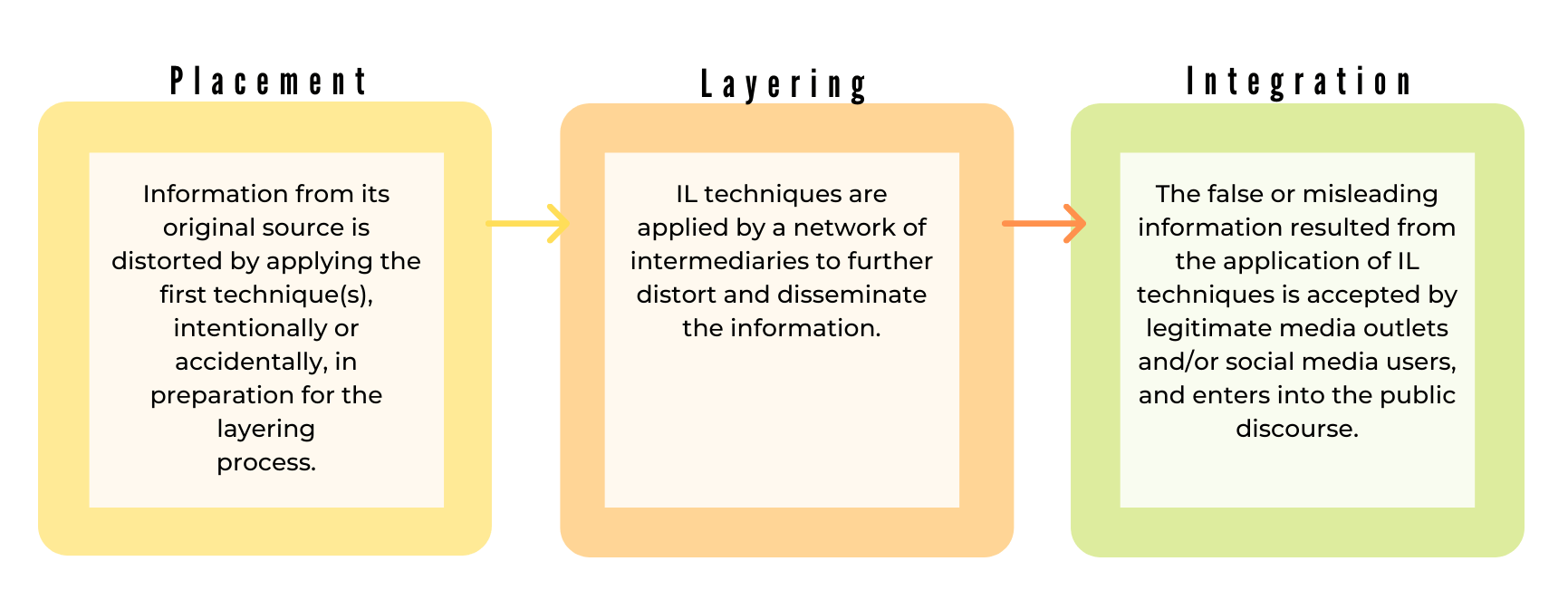
The investigation into German cases shows that in several instances domestic actors launder foreign or international news events and translate them into the German language, thereby deliberately accelerating the spread of the Kremlin’s messages in the German media environment.
In addition, German actors interact with foreign actors to configure transnational networks that launder common domestic disinformation. For example, conspiracy theories such as Pizzagate, Nord-Stream 2, COVID-19, and the poisoning of Russian opposition politician Alexey Navalny. In total, the investigation identified 13 domestic outlets taking part in the process.
There are several indicators to know one is dealing with an information laundering operation.
The NATO StratCom report has two major goals. First, mapping and assessing the hostile information environment of a particular country, taking a holistic approach to the life cycle of information influence campaigns. Second, by exposing how these processes occur and who participates in them, it allows international institutions and national governments, as well as civil society and journalists, to build resilience against information influence activities.
Read also:
- Russian propaganda exploits German feeling guilt for attacking USSR – Yuriy Durkot
- Germany has good chance to secure new EU anti-Russian sanctions for cyberattacks
- Germany and Russia: The end of the honeymoon period?
- The Kremlin’s lobby in Europe: Germany and the UK
- 80 years ago Stalin deported German anti-fascist, communist, Jewish refugees to Hitler
- Nazi dreams of an enslaved Ukraine: the blind spot of Germany’s historical memory – Timothy Snyder
- Gas, money laundering, and pizza: report details Russia’s economic meddling in Europe


